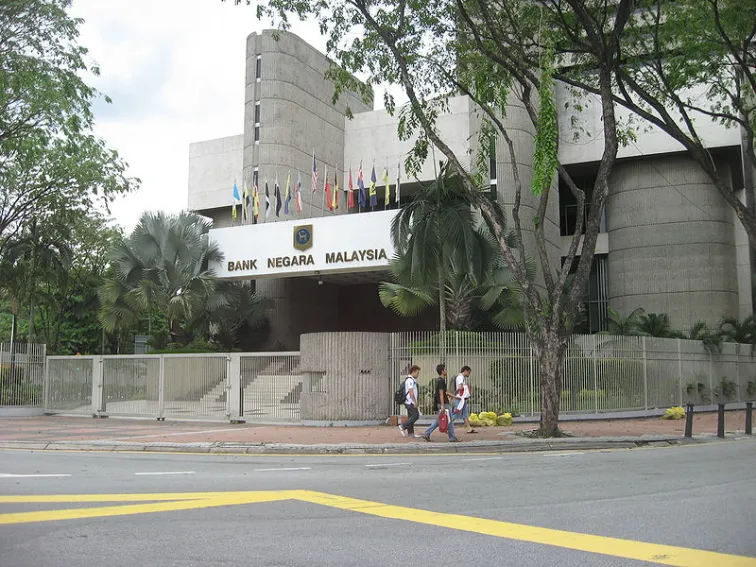
Look at what the Indonesian banks are doing for the first time in a decade
They're expanding beyond their "core" lending segments.
According to Barclays Research, structurally, Indonesia's trend economic growth rate has picked up as its investment rate has increased. From a cyclical perspective, the economy appears in fairly good shape. Growth remains robust, and inflation, particularly core inflation, contained.
Barclays' economist forecasts 6.3% growth and 5.4% inflation for 2013. With the recent spike in the current account deficit, the management of the external account is the key near term macro risk.
Here's more from Barclays:
Credit growth outlook robust: Credit penetration in Indonesia, even after decade of strong credit growth, remains low (29% of GDP) and should grow. In particular, we expect the role of credit in financing housing and fixed investment in the business segment (in contrast to working capital (WC)) to increase.
Moreover, growth in trade should remain a driver of credit growth, particularly in the large WC loans segment. Overall, we expect our coverage banks to achieve CAGR for credit of ~21% for 2012-15E.
Competitive intensity increasing; regulatory environment also a headwind: The industry has excess capital (core Tier 1 at 15.6%), which represents significant lending capacity and, thus, the incentive to chase growth. Furthermore, all the large banks appear to have sorted out their asset quality issues, eliminating restraint on growth.
In fact, for the first time in almost a decade, none of the banks appears willing to losing market share. Indeed, all the large banks guide to grow in line or even faster than the industry. One of the key risks is that most of the large banks are expanding beyond their "core" lending segments is a manifestation of the increased competitive intensity.
In such an environment, spreads in the corporate and mortgage segments are likely to come under pressure as credit assessment is relatively straightforward in these segments. Micro lending, with its high yields, is also attracting competition.
Meanwhile, competition for deposits to fund this credit growth remains high. The central bank also appears keen to see spreads contract – although it has adopted a light touch to this issue so far.
Initiate on five Indonesian banks: We prefer banks that appear better able to manage yield compression on the asset side and are most likely to benefit from the liability spread expansion when rates rise. Both our top picks, Bank Mandiri and Bank Negara, should be able to offset asset side spread compression by raising their loan/deposit ratios (LDR) and both have high CASA ratios, which should deliver higher liability spreads as rates rise.
Mandiri is also shifting its loan mix to higher yielding micro and SME loans. Negara should also benefit from operating leverage on its recent investments. We rate Rakyat UW as we expect it to be significantly impacted by spread compression.




![Lorem Ipsum [ABF 1]](https://cmg-qa.s3.ap-southeast-1.amazonaws.com/s3fs-public/styles/exclusive_featured_article/public/2025-03/a_hand_pointing_to_a_futuristic_technology_5b87c9d0e3_1.png.webp?itok=2w0y1WhS)


![Cross Domain [Manu + SBR + ABF + ABR + FMCG + HBR + ]](https://cmg-qa.s3.ap-southeast-1.amazonaws.com/s3fs-public/styles/exclusive_featured_article/public/2025-01/earth-3537401_1920_4.jpg.webp?itok=WaRpTJwE)







 Advertise
Advertise

